Curator
Ezra Klein's Awakening, Moral Intuitions Manipulated, Humanities Under Siege, The Chilled-Out Under Siege
THE MEDIUM IS THE MESSAGE IS THE MESSAGE
I find it difficult to imagine a human being more annoying than Ezra Klein, but this op-ed from about a week ago stuck with me. It chronicles Klein’s journey from believing that ‘content is king’ - that robust, buoyant dictum that we likely all believe in if we don’t examine it too closely - and then switching allegiance to Marshall McLuhan’s world-weary verdict that ‘the medium is the message.’ It’s a hard thing to accept that McLuhan is right, but Klein comes around to it and I agree with him.
The point is that there is a certain architecture to expression which curtails our freedom to act in it much more than we might have anticipated. It’s not as if you have a thought and go looking for the mode to express it in. It’s that the mode it passes through acts as a determining agent, presiding over and severely limiting the possibilities available within it.
Everybody knows, for instance, the difficulties in turning a book into a film, the way that the book is almost always better and how the same content, the same words impact completely differently in a different medium. And, more consequentially, everybody reacts very differently given the structure of the medium employed. People talking about a book tend to talk about the author like he/she is an old friend; there’s a moment in book clubs when the assembled readers switch daringly to using the author’s first name and a moment when, in exasperation, the readers throw up their hands and wish that the author could be there to answer some perplexing question they had about the text. That’s a very different kind of response from how people talk about movies. I’ve always been struck at how often movie-watchers talk about the ‘they’ who made the film. (“Why do you think they did this? What were they thinking here?”) In reality, the ‘they’ is often some whimsical studio executive insisting on an idea that doesn’t make sense to anybody else in the project; or an editor working late at night who slips in some motif that nobody has the heart to adjust later on, but the use of the word ‘they’ reflects a more profound truth - an understanding that any film, by the time it reaches consumers, has passed through a whole nexus of power, through development executives and studio presidents and distributors and so on, and the process of responding to a film is, really, more of a way of reading the inkblots of power - understanding what’s happening in the culture and tracing the ways that power shapes and responds to these trends. Sophisticated readers are similarly attuned to the mechanisms of power that underlie any published text - and understand that any book, with a single author’s name printed on the cover, its pretense of simplicity (a very different experience from the heraldic procession of names and titles before you’re allowed to watch a movie), is in fact a sort of instrument of a great many people all looking to turn a profit. But the medium is the message and a book creates a star system, a notion that the entire messaging apparatus can be turned over to a single inspired author and that it is some sort of socially edifying event to explore the range of their individual personality.
Those are fairly simple examples. More interesting cases are when forms attempt to elevate or to subvert themselves - and the point that theoreticians like McLuhan and Neil Postman make is that forms actually have very limited flexibility and that the process of elevation or subversion is really just a kind of winking performance with audiences fully in the know. Postman lamented the rise of high-brow ‘educational’ TV around the 1980s, which, he believed, was a kind of demagogic assault on actual knowledge and expression - television pretended to be ‘elevated,’ although audiences knew full well that the stately nightly news, for instance, was really just another form of schlock, but the presence of ‘elevated’ television tapped into a secret desire of audiences to relax their brains, to stop reading or thinking, to convince themselves that with ‘educational’ or ‘high-minded’ television they were getting the real thing. Subversion from within the medium - slumming it - is almost never exactly convincing either. In spite of their best terroristic efforts to detonate their own mediums, writers like Henry Miller, Allen Ginsberg, Charles Bukowski find themselves canonized in the same breath as the high-minded windbags they were looking to subvert. Television entertainers who try to be regular - daytime talk show hosts, roving correspondents conducting man-on-the-street interviews, etc, are in fact carrying out a complicated status-dance, showing that an all-powerful broadcasting service can be democratic too, that its stars can mingle with anyone. But everything about the performance is insincere - when Anderson Cooper demurely turns the microphone over to the man-on-the-street and looks interested in what he has to say, when Ellen politely applauds from the wings for an audience member who beamingly comes up on stage - there is no question of who is high status: the entire shtick is a form of noblesse oblige, the joke (which the at-home audience shares in) is on the man-on-the-street, on the game show contestant, or the member of the studio audience, who gets their 15 seconds of nerve-wracking fame and then is returned back to where they came from. As the theater director Jerzy Grotowski, who understood these phenomena well, said: “The budget is the play.” Any sort of expressive event is bound by its medium, which really means being bound by the amount of power (often simplified to the amount of cash) invested in it. Audiences are highly attuned to this and the ‘art’ of performance is, very often, to acknowledge and to toy with these constraints - Grotowski through the integrity of ‘a poor theater’ that forgoes any sort of showmanship; performers like Sacha Baron Cohen or Nathan Fielder through an endless twisting-and-turning of status between their personae and their subjects and with a constant awareness of the verdict of the camera.
More complicated still is the cross-cross - a staple of our current culture - between high-status and lower-status individuals ostensibly inhabiting the same platforms. A modern editorial page, for instance, has, by my count, five completely different forms of expression, all of them laid out to look virtually the same. The ‘letter to the editor’ is meant to be a voice of the community and is a form of noblesse oblige by the newspaper, stooping gamely to hear what ‘regular people’ have to say. That’s a very different tone and level of authority from its neighbor, the editorial, intoning the wisdom of the well-informed, authoritative newspaper. Which is different still from the even more high-status op-ed writers who get to speak in their own voices and to riff whimsically on the news but with the authoritative backing of their newspaper. Which is different from the ‘guest contributors’ who are writing in exactly the same style and format but may well be hitting the high point of their careers by having a ‘piece’ in a daily with high circulation. Which is very different from other ‘guest contributors,’ heads of state or U.S. senators who deign to write occasionally for a newspaper as their own form of noblesse oblige and to let the public know that political power is friendlier and more personable than might have been supposed. And all of these very different voices, with their very different holds on status, are subsumed into the institutional authority of the newspaper and become the ‘daily record,’ the ‘news of the day.’ And same goes for a mock-democratic activity like Twitter or Facebook, which gives the appearance of an egalitarian mode of expression but is in fact a sort of reification of status - the like-button or, more overtly Facebook’s XCheck program and Twitter’s verification process, sharply differentiating who is who. In other words, each tweet, each post, each article only seems to be a form of free expression. In fact, each one is intrinsically curtailed by its medium. There is a directly physical manifestation of that curtailment - the limit of column inches, the limit of 280 characters - but, more importantly, there is the inherent limit of the amount of power invested in each utterance. The editorial writer can write only as an editorialist; the man-on-the-street can speak only as the man-on-the street; Bill Gates writing book reviews fools no one - he is Bill Gates writing a book review.
This is what Ezra Klein in his op-ed keeps beating his head against. He would very much like to write freely, would very much like for ‘content to be king,’ but it’s just not possible in the form he is employing. He-is-Ezra-Klein-writing-an-op-ed piece for The New York Times. The way out - for anybody interested in a way out - is to have a heightened awareness of the medium and to look for mediums that permit of genuinely free expression. This is, to a large extent, why I’m so drawn to Substack at the moment, the idea of a forum that provides a certain physical infrastructure for writers (i.e. a software template, a web home) but that, to a remarkable degree, steps outside of the nexuses of power and creates a relatively free space to just write.
LIBERALS V. CONSERVATIVES - TO THE BITTER END
Quillette has an interesting if wrong-headed piece on hard-wired differences between liberals and conservatives. This is part of a trend in sociology, an argument made most famously by Jonathan Haidt in The Righteous Mind that we are thinking about political affiliation all wrong. We tend to view political affiliation as an x-axis graph with a number of issues spread out across it and with people choosing their party affiliation through a sort of weighted average of the issues that they subscribe to.
It’s pretty clear from experience that this isn’t at all how political affiliation works - that people vote against their interests and against the weighted average of ‘their issues’ all the time - and thinkers like Haidt and Stephen Martin Fritz and Denise Morel, who wrote the Quillette piece, are trying hard to establish some sort of rational understanding for affiliation. For Haidt and Quillette, politics is really about moral categories. The left tends to be more in a realm of ‘oughts’ - of pure justice; and the right tends to be more in a realm of ‘is,’ the messy world as it has come down to us.
I find this whole line of thought to be obviously wrong - people’s political affiliations are no more about moral intuitions than they are about weighted averages of issues. Affiliations are all about who you’re surrounded by, who your tribe and who is influencing you. And Haidt’s line of thought has a real danger to it - as is egregiously exploited in the Quillette piece. Haidt claims that political morality is comprised of “at least six things and probably a lot more than that,” but the Quillette writers manage to seize on the simplest possible elucidation of Haidt’s idea, to make liberals out to be justice-fixated dreamers and conservatives to be the standard-bearers of reality. More egregiously than that, they take ‘hierarchies’ to be a sort of natural function of the realities of the tough-world-as-it-is. In periods of scarcity, runs the logic, hierarchies become critically necessary to maintain tight social control. It’s only in periods of abundance - this meant to be a backhanded compliment to liberals - that the luxury of redistribution and of equality becomes possible. For proof of that, continue the Quillette writers, look to the history of the world. All societies were strictly hierarchical until like yesterday, and the very recent advent of socialistic thinking disproves it all by itself - socialism follows from conditions of such unusual abundance that it becomes possible even to consider redistribution.
It should go almost without saying that this is a really fanciful and self-serving rendition of history on the part of Quillette. First of all, history is not actually a process of a gradual and late-arriving loosening of hierarchies. Modernity carries a hierarchical component to it. Highly centralized states are a fairly recent development; the true feudal system tended to have a much more far-flung distribution of power. Secondly, strict hierarchical formations are far from always being the most logical reaction to periods of scarcity. A more natural reaction is dispersion - everybody to their own land and fend as they can. Another reaction is making do with less, which can be accompanied by society-instituted rationing - in which case egalitarian redistribution becomes precisely the go-to strategy to deal with scarcity.
Where hierarchy does seem to flow naturally from periods of hardship is in circumstances of violent struggle. Violence does tend to generate a need for centralized command - but, of course, this is not lost on those in power who have a way of engendering political emergencies requiring violence which in turn generates a hierarchical protection racket with themselves at the top which in turn generates a self-serving ideology of the need for hierarchy. In The Dawn of Everything, David Graeber and David Wengrow are deeply persuasive in dismantling this whole conception of the inherent need for hierarchy - by coming up with abundant anthropological evidence that plenty of pre-modern societies simply dispensed with it.
I don’t think it really helps to elucidate the left and right divide to think about politics in moral categories. As far as I can tell, left and right really was just the seating chart in the revolutionary National Assembly and over the next centuries the terms have been applied to utterly unrelated political issues. However, the language of moral categories does at least help to free political discussion from the spectrum talk that has become second-nature to all of us. I’ve been trying hard - the ‘manifesto’ in this week’s Castalia edition is an attempt to think this way - to be a bit more dimensional in dealing with politics. Simply put, it doesn’t help much, except for the narrowly practical purposes of partisan warfare, to identify oneself with a spot on the political spectrum and to view all issues through that lens. A stance on any issue requires a certain idealism, a belief that a given approach is how we ‘should’ deal with whatever the issue is. And the issues are all very different from one another. Just glancing at issues that I’ve discussed on this Substack, the choice of fuels to generate electricity is a very different type of issue from the prospect of some sort of more long-term economic policy for addressing inequality, and not only are various issues different in kind but they are different in importance.
Professional politicians are pretty shrewd about all of this. The tendency is to look for compromises in which each party at the table advocates vociferously for whatever their self-interest happens to be - and, in some cases, the politicians are guided by a certain North Star idealism, a philosophy of governance. In the realm of punditry and affiliations, though, it’s oddly difficult to think this way. Everybody wants to be a purist for their spot on the political spectrum. A system of moral categories to describe affiliation is no less crude, but at least it’s a competing mode of thought to the stale where-am-I-on-the-political-spectrum categorization. And that competition, that different frame of reference, helps to add volume to political thought. If one stops to consider that neither spectrum analysis nor moral categories are enough to describe the complexities of thoughtful political affiliation, then one starts to take the time to develop a more nuanced, more dimensional mode of political thought.
THE HUMANITIES CHURCH
Bill Deresiewicz is never not smart and interesting, and he works hard in this piece for Liberties Journal to make the case for the continuing relevance of the humanities. It’s not so easy. As he writes himself, “Almost no one’s buying what [the English professors] are selling anymore.” And, more gratingly for Deresiewicz, he seems to be coming across traitors in his own camp - namely, the Harvard professor and intellectual gadfly Louis Menand who has had about as good of a career as anybody can have in the humanities and in return….denounces the humanities as being basically a racket that deserves to survive only if it can demonstrate its market value.
This clearly enrages Deresiewicz - it’s the equivalent of opening the rear gate for a castle under siege - and he dedicates much of his piece to a surprisingly ferocious vendetta against Menand who is denounced as a cynic. “Menand is [the kind of] person who knows the price of everything and the value of nothing,” writes Deresiewicz and refers to Menand as “sneering, patronizing, and contemptuous.” I’m a bit taken aback by this because I’m all about Menand at the moment - he’s been writing eloquently about mid-20th century art and making the case, persuasively, that it really was a racket, that the CIA, for instance, pretty much bought out high modernism to a degree that nobody appreciated at the time. But whatever. This is the place where intellectual exchange gets fun - when it turns into unexpected ad hominem attacks - and Deresiewicz is convincing in arguing that Menand has it coming: that, in the larger history of the humanities, this is the time for committed soul-searching not entitled cynicism.
And the crux, as Deresiewicz correctly identifies it, is that the humanities basically has to choose between being ‘practical,’ which means basically being an auxiliary to the STEM-driven research university, or being true to itself, a ‘soul-building’ exercise that may have nothing at all to do with the demands of the marketplace.
I can see Menand in his easy chair in the English Department at Harvard rolling his eyes at that argument. Great, is the rejoinder, let’s crank out another generation of humanities graduates with no skills but beautiful souls and see how they manage in the workplace. And Deresiewicz’s counter-argument there isn’t entirely convincing. It’s that teaching is a good in itself, that humanities departments have been misled by the impulse to keep pace with the research university and have become obsessed with generating a narrow swathe of specialized scholars as opposed to dedicating themselves to the sort of Acropolis-worthy open-ended discussions that can sustain young minds for the rest of their lives and enrich the entirety of society. Fat chance, Menand would likely say, and in a sense he would be right - just try making Deresiewicz’s argument to the university provost at a moment when university tuitions, and student debt, are skyrocketing and when STEM and only STEM seems capable of generating high-paying white-collar jobs in the digital economy. That being said, I am far more sympathetic to Deresiewicz’s position than to Menand’s and believe that Deresiewicz is articulating a deeper truth about higher education which may well outlast the modern-university-as-we-know-it.
My usual conviction is that everything takes the shape of its container - i.e. of its founding idea. In the case of the university, the founding idea is the theological seminary which is in turn an extension of the medieval monastery, what Peter Brown calls ‘a powerhouse of prayer.’ It is unworldly and that’s the whole point - it’s about developing the higher self, inculcating a certain idealism which will then, through a mysterious magic, uplift the rest of the society. The research university was never completely convincingly grafted onto that and for a century and a half we’ve had a kind of odd couple marriage between two fundamentally distinct domains. Various compromises were offered to smooth things over. There was a vision, inherited from the Renaissance and more distantly from Athens, of scholars who could think with every part of their brain, who combined the humanities and sciences, but, in practice, very few people were able to think this way. There was a vision of the humanities types as having more of an executive brain than their science-minded counterparts, and if they were a little lacking in hard skills and slower to be really useful in the market, well, they made up for it by being well-rounded and having the science students work as their techs. But the reality was that the rent payer, Baconian science, really couldn’t have cared less about the higher soul whether in its strictly religious or secular version and, with time, gradually turned the university into a kind of vocational school for doctors, research scientists, and so on, and is now on the verge of evicting the original leasee, the humanities, altogether.
Under the circumstances the much-lamented riposte of the humanities - to forego virtually any kind of intellectual content and to focus entirely on identity politics - makes a certain kind of sense. I hadn’t really thought about it this way before reading Deresiewicz’s essay, but, actually, the identity politics, the ‘micro-aggressions,’ the intense interrogation of every aspect of daily life amount in toto to a ‘soul-building exercise.’ Interest is given to the students’ themselves; their experience and their daily life become the real subject of the modern-day humanities curriculum as opposed to books by dead people. In effect, the humanities wing of the university transforms itself into a religious school - as vapid and as self-centered as all religious education but providing a certain satisfaction for those in it.
The reality facing the university at the moment is that it can be meritocratic or representative but that it cannot be both - and, on the humanities side, the university is clearly shifting towards being representative. I actually don’t at all mean this in a malicious way. It’s a valid choice for an institution to make. There’s nothing wrong with an institution of higher learning saying that its primary purpose is to be a mirror of the community it serves - that’s already what the state school system as a whole does - and that means being perfectly representative in terms of socioeconomics and neurodiversity and in accounting for ‘hardship’ and imbalances in educational levels in secondary schools. But that purpose is incompatible with the particular meritocratic vision of the Ivy League and the flagship state schools, which is intrinsically elitist. Their vision presupposes some sort of ‘universal’ standard and evaluates students by no criteria other than adherence to that standard. In recent years all sorts of perfectly intelligent inquiry, much of it from within the ‘elite’ universities themselves, has been directed towards questions of what constitutes ‘universality’ and ‘merit’ and whether ‘universality’ (as embodied in something like the Western canon) is in fact an imperialist if not a racist and patriarchal construction.
So far, this critique seems to have affected only the humanities. Science retains, for the moment, its claim to universality and merit. Science has the great benefit of paying the bills for the research university, and the science students are, without any compunction that I can see, blithely carrying on with what they’ve been doing and writing the code for the tech dystopia.
Meanwhile, the humanities, as everybody knows, have gone into deep crisis. A pragmatist like Menand proposes a continuation of the current strategy, making the humanities over into something like ‘soft sciences.’ Deresiewicz proposes making the humanities the spiritual counter-weight to the reign of science - the humanities asking, in the best Socratic fashion, ‘what is the good’ and, in a materialist age, fashioning something like a soul. “That is what the humanities must do” is Deresiewicz’s lovely way of putting it, “to say, without embarrassment, that art has value, that its value is primarily internal to the individual, and that the methods to educe that value are interpretive, not scientific.”
Of course the identity politics crowd would claim that they have that covered - they are ruthlessly breaking down the concept of ‘the good,’ turning all of their firepower towards questions of social conduct, instilling virtue, creating, within the university, a sense of a righteous community. Deresiewicz, for his part, is looking to head off that tendency within the humanities, attempting to restore something like The Great Books curriculums, the focus on the canon, and on ‘objective’ standards of eloquence that characterized the humanities during its period of departmental ascendancy. And I’d be completely with him except that, unfortunately, that ship has likely already sailed - the sense I get from the ideological gutting of the humanities is that the students quite like the new regime, with its endless cancellations and personnel scandals, with the content blessedly free of history or of contradictory perspectives, with discussion always and only about the students themselves.
Soul-making assumes many different forms. What soul tends not to be, though, is a very marketable commodity. The vision for the profit-making university of which Menand is the avatar isn’t very compatible with the soul-making vision. The identitarian, ideological turn is soul-making but not in a way that Deresiewicz or I would appreciate. But that is not to say that the high humanities in their soul-making iteration do not have a place in the society. They do and very much in the way that Deresiewicz describes - as social conscience and as articulation of a coherent intellectual vision distinct from the reign of Baconian materialism. That project, which is largely unchanged since the classical world, is a good project and stays intact. It’s just that the university may no longer be the home for it.
THE CASE FOR CHILLING OUT
The New Atlantis has a useful piece on alarmism as a mode of political control. At this stage any time that anybody criticizes ‘alarmism’ or ‘emergencies’ it’s a given that they’re taking aim at the coronavirus response and/or global warming, and the natural liberal action is to turn away from it, to say that, yes, we have been alarmist about the pandemic and will continue to be so about global warming for the indefinite future because the circumstances warrant alarm and warrant a cessation of normal activities and a period of sacrifice for some indeterminate length of time.
It’s difficult to argue about these sorts of emergency events because the information is always incomplete - it’s always unclear what the level of danger really is and whether some sort of collective sacrifice is actually helpful, and the nature of the emergency often seems to shift more dramatically than any rational public response can adapt to it (the logical response to Omicron would have been very different, for instance, from the logical response to Delta, which would have been different from the logical response to the original Covid strain).
The point that’s being made in The New Atlantis is slightly independent of any specific event - it’s that there is a political technique of heightened alarmism that the powers-that-be are able to readily deploy and that at this point in world history we as the public probably should be a bit more shrewd about it than we are.
The ideological adversaries in this debate are Carl Schmitt and Giorgio Agamben. Schmitt in 1922 defined ‘the sovereign’ as “that which can declare a state of emergency”; and Agamben’s wide-ranging political critique is that state power has, throughout the ensuing century, taken Schmitt’s dictum to heart and engineered a wide variety of emergencies, all of them apparently dissimilar but all calling for the same response, a consolidation of state powers for the duration of the emergency and an attitude of sacrifice on the part of the public. In Agamben’s somewhat eyebrow-raising view of the phenomenon, it was really Hitler who developed it into a high art, with Schmitt as his leading theoretician, suspending all the constitutional protections of the Weimar Republic within a breathtakingly short period as a response to a series of never-ending ‘emergencies.’ And then, in Agamben’s view, the efficacy of this system was duly noticed by the guardians of national security in other leading states and became part of toolkit of statecraft from that point forward - the United States’ military-industrial complex conducting its anti-Communist crusade for a half-century before switching seamlessly to its War on Terror. Along the way politicians seemed to discover a series of irresistible tricks for unilateral action - the issuing of executive orders, the declaration of sweeping and non-transparent initiatives (the War on Poverty, the War on Drugs), the initiation of actual shooting wars through the War Powers Act, etc, without bothering to check with elected representatives.
Again, Agamben’s critique is more of an exposé of a certain kind of governmental technique than an issue-by-issue interrogation of specific acts. Maybe the Korean War was more just than Vietnam and Afghanistan more just than Iraq? Maybe heightened airport security is fully justified in the aftermath of 9/11? That’s not really the point. The point is that there’s a particular Schmittian recipe that each one of these actions follows. And Agamben himself has not been shy in applying this analysis to the ‘state of emergency’ that seemed to be declared worldwide in the aftermath of the coronavirus outbreak.
Agamben was of course duly vilified. He was repudiated by his longtime translator here, repudiated by one of his oldest friends here. And, probably, Agamben was right about some things and wrong about others. Early on, he referred to the virus as a ‘hoax,’ which was wrong. Later on, he really shocked his followers by denouncing vaccine passes as a form of discrimination, which he was of course really right about - the vaccine turned out not to be effective against transmission and the passes were quietly dropped.
But look at the reaction to the pandemic as a whole, as Taylor Dotson does, and the Agamben critique comes clear in stark outline. Something like the pandemic lockdown produces a vast series of knock-on effects - the sudden dehumanization of a variety of interpersonal interactions (why has the pandemic generated a switch to conducting so many activities via QR codes rather than through physical objects when the virus isn’t even transmitted through surfaces?), the sharpened demarcation of classes of people (why, at this stage of the pandemic, do service employees overwhelmingly wear masks while customers in the same space overwhelmingly do not?). And in the political domain, the logic of the emergency produces another type of distinction. Instead of dealing with an issue in which there are different sides that can be debated over, there is an issue in which there are either those who are alarmed or those who are complacent. For those who are alarmed, any sort of action becomes inherently valuable and those who are not taking action become morally deficient. “[The atmosphere of alarm] makes those who are not already horrified, who do not treat the crisis as an undeniable, act-now-or-never-calamity, harder to comprehend: what idiot wouldn’t do everything possible to avert catastrophe?” writes Dotson.
What is being revealed here isn’t a split over issues. It’s a split over political language. Those who are ‘complacent’ whether it’s being relatively relaxed about terrorism or the virus or global warming tend to be the people who are slightly more attuned to a particular technique for manipulating power. To their detractors, they are individualistic, conspiracy-minded, and putting the collective in danger. Again, the right-left divides aren’t so useful here. The right was in power when 9/11 happened and passed a series of restrictive security and surveillance measures. The left assumed a position of leadership in the pandemic outbreak and set up protocols for distancing, for vaccine mandates, and for travel restrictions. In every case, there provably was a real issue, there was a global pandemic just as there was a terrorist and before that a Communist threat. But the ensuing political debates had nothing really to do with stopping Communist infiltrators or terrorist cells or figuring out how the virus actually spread in each of its different mutations. The politics always was - are you alarmed or are you not alarmed? And if you were alarmed then the next step was to cede certain liberties to the government.
I’m trying really hard to phrase all of this in a way that doesn’t take one ‘side’ or the other. ‘Side’ is a very weak way of understanding politics. The better way is to try to follow the language and the techniques of power and to find one’s freedom within it as one can.




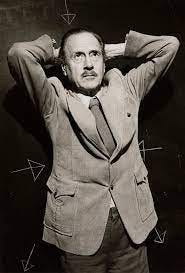


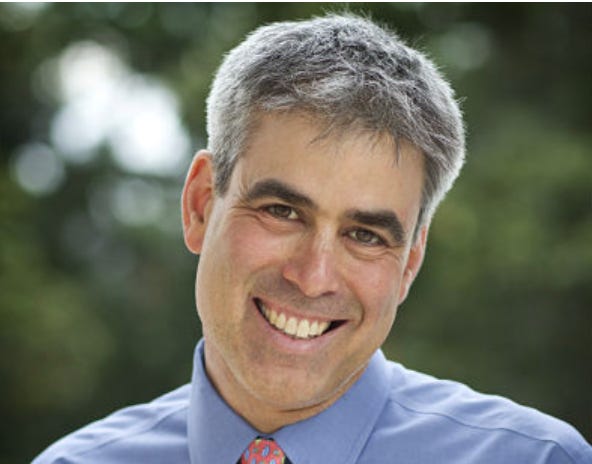
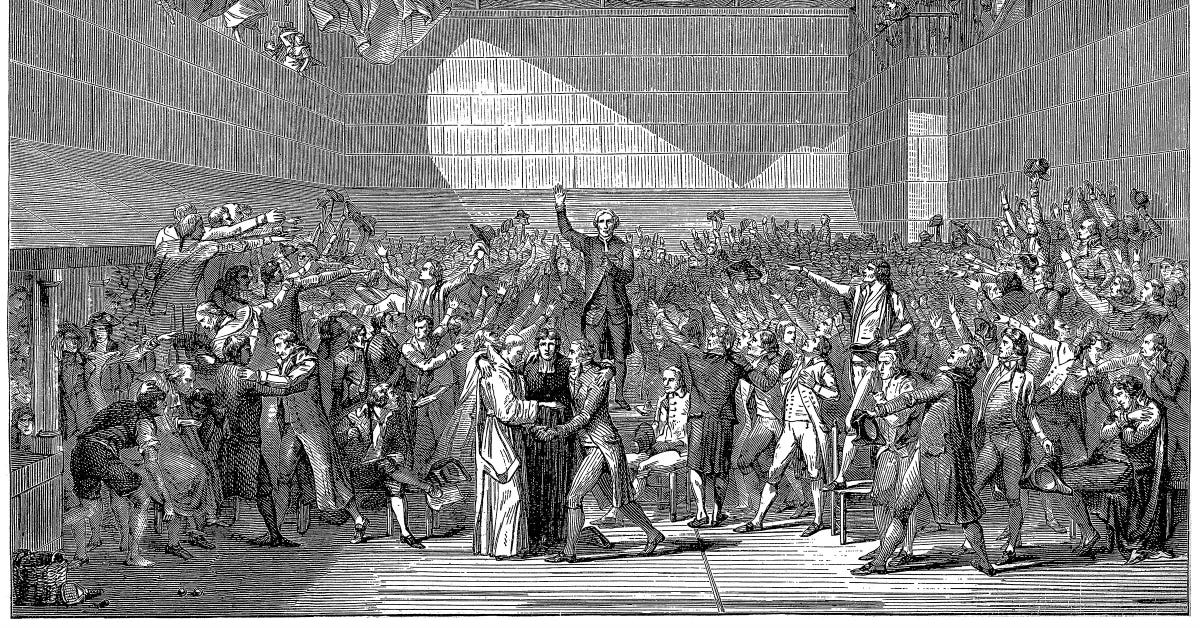
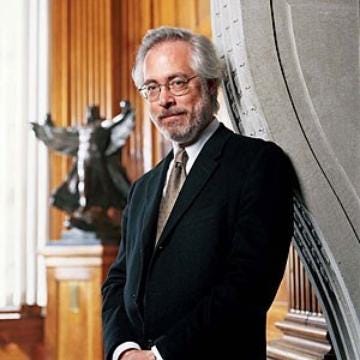

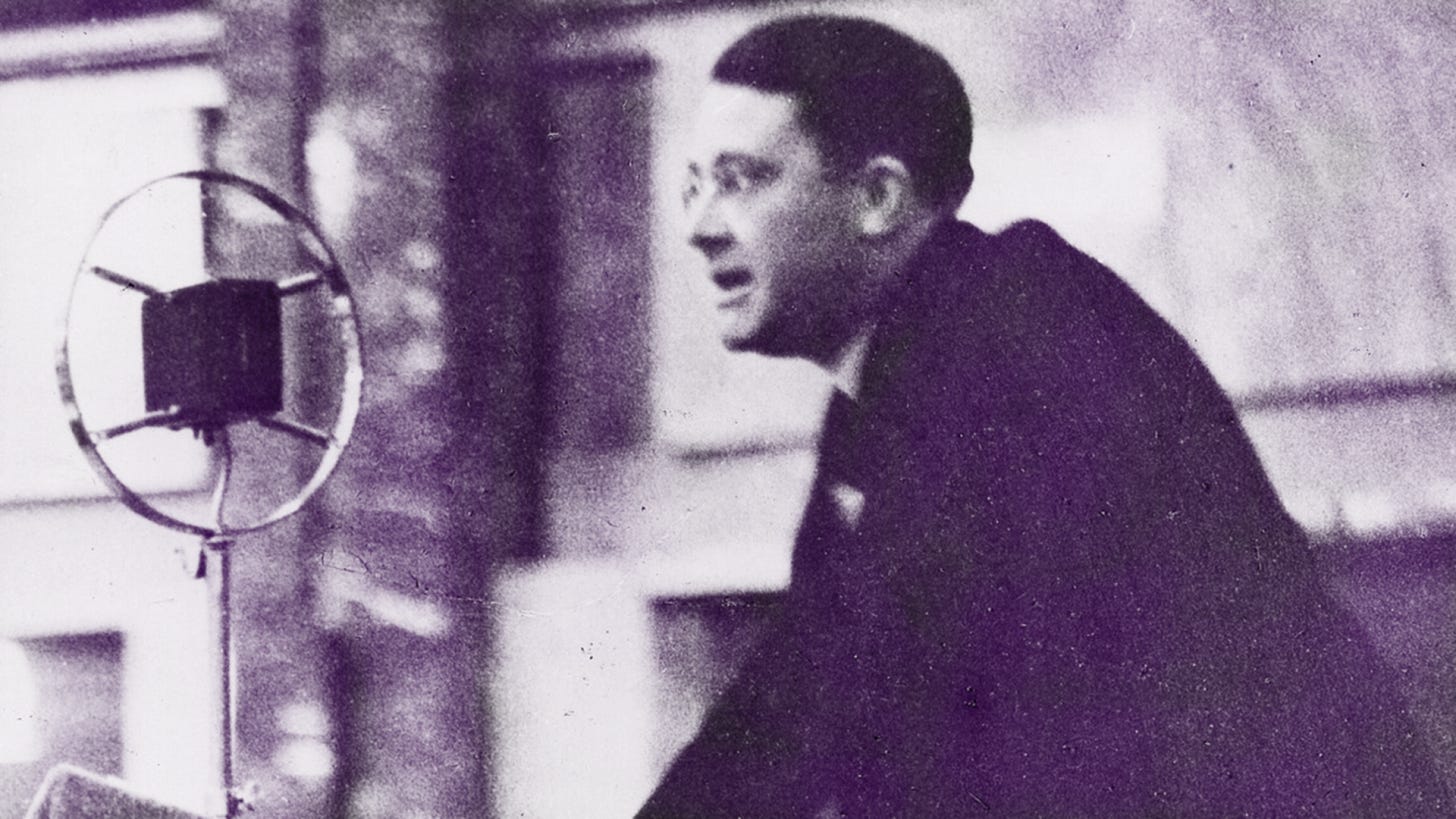
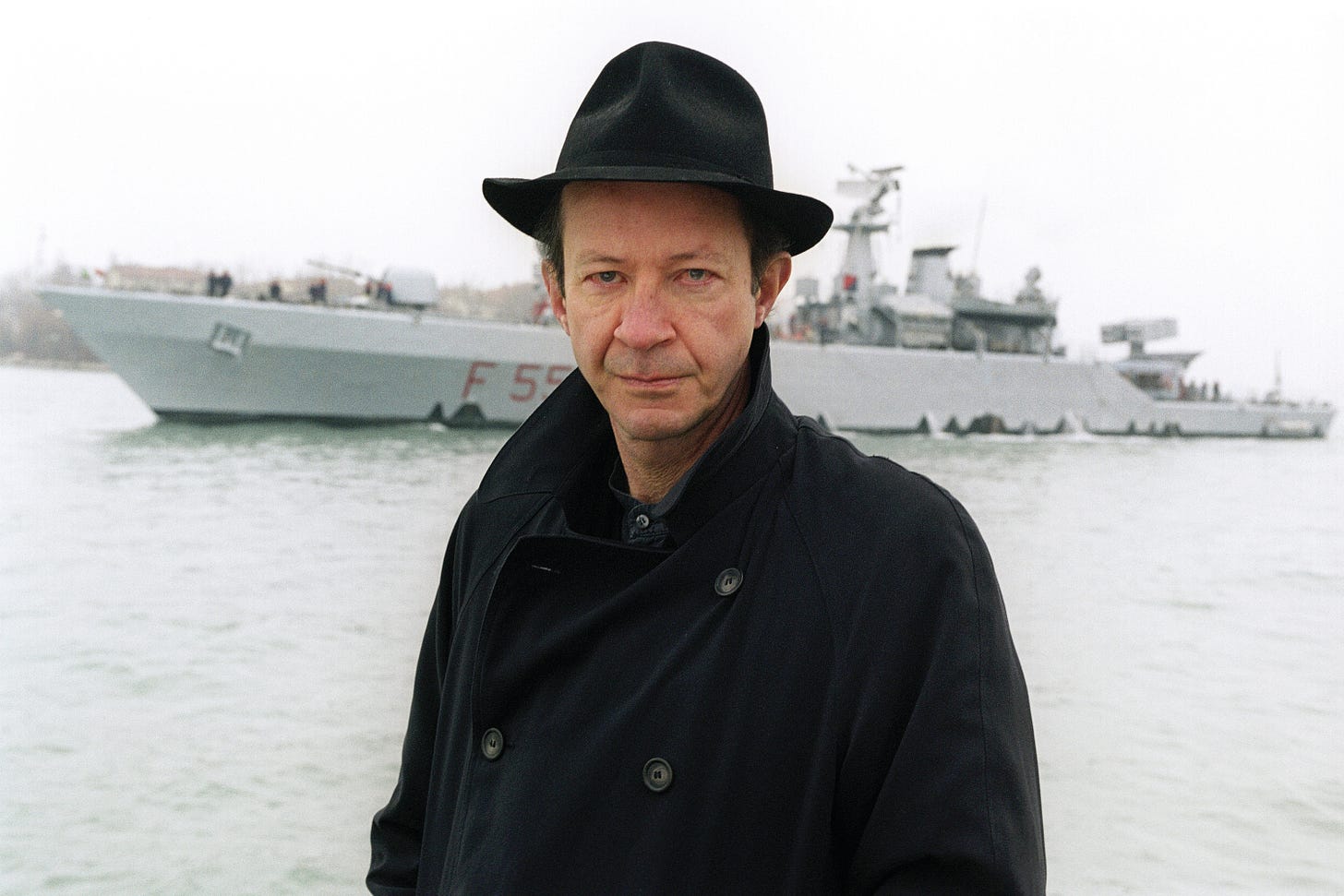

I don't quite get your point with the Dersiewicz piece. You're saying universities have already become a church just not a good kind of church? Thx!
Malcolm Gladwell is more annoying than Ezra Klein.